Using electrons for environmentally friendly seed treatment
 Farmers and seed suppliers chemically treat seeds in order to improve their viability and health by eliminating pest infestation. Researchers at the Fraunhofer Institute for Electron Beam and Plasma Technology (Fraunhofer FEP) in Dresden, Germany have developed a different method which kills pathogens without harming the environment. Aside being more environmentally friendly, it also means that any leftover seed can be used as feed without any concerns.
Farmers and seed suppliers chemically treat seeds in order to improve their viability and health by eliminating pest infestation. Researchers at the Fraunhofer Institute for Electron Beam and Plasma Technology (Fraunhofer FEP) in Dresden, Germany have developed a different method which kills pathogens without harming the environment. Aside being more environmentally friendly, it also means that any leftover seed can be used as feed without any concerns.
Seeds are habitat to molds and fungi, bacteria and viruses. Chemicals are used to kill these pathogens in order to eliminate these threats and prevent plant diseases from spreading. Aside the fact permits for some chemical treating agents have been withdrawn, this method has been discredited and proven inefficient in couple of previous years.
Led by Frank-Holm Rögner, holder of a master’s degree in physics and department head at the Fraunhofer FEP, the researchers decided to treat the seeds with electrons. Within milliseconds, the electrons destroy the DNA of present harmful organisms. The configuration of the device makes the elementary particles act on the surface and in seed coat, while keeping the intact interior of the seed. Hence, the seed is cleansed and its embryo in the interior enables the seed to germinate.
Despite the fact European and Mediterranean Plant Protection Organization (EPPO) recommends this process for conventional as well as for ecological farming, the technology hasn’t been widely adopted yet. However, some pioneering seed suppliers are already commercially implementing the procedure commercially.
For instance, seed producer Nordkorn Saaten GmbH has previously used this technology on a truck with a mounted unit. They were able to run the prototype for hundreds of hours with a throughput of up to 30 tones per hour. Encouraged by results, they bought a pilot plant together with the BayWa AG, and they commissioned Fraunhofer FEP to build a second, custom-fit unit. This unique system will begin working in Güstrow in late June 2013.
Fraunhofer FEP researchers are confident that, in the long term, the treatment with electrons will prove to be a success story. Aside the facts that the technology should become more affordable and more compact, starting 2015, farmers will have to prove that they are trying to reduce their CO2 footprint and lower the use of chemical pesticides.

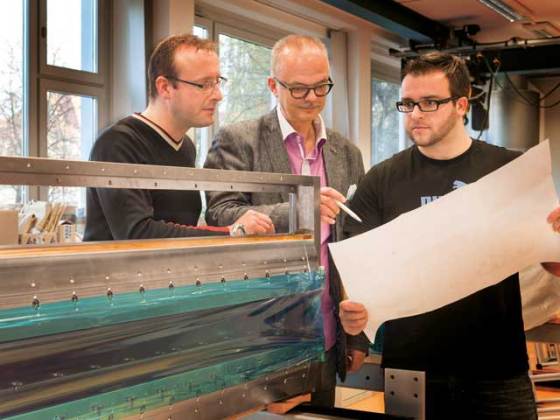
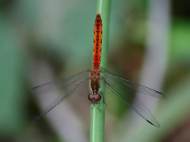

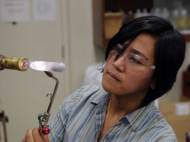
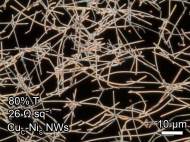
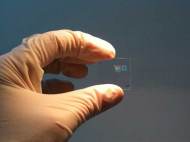
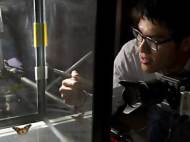
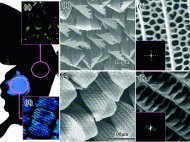
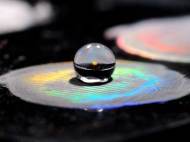
Leave your response!